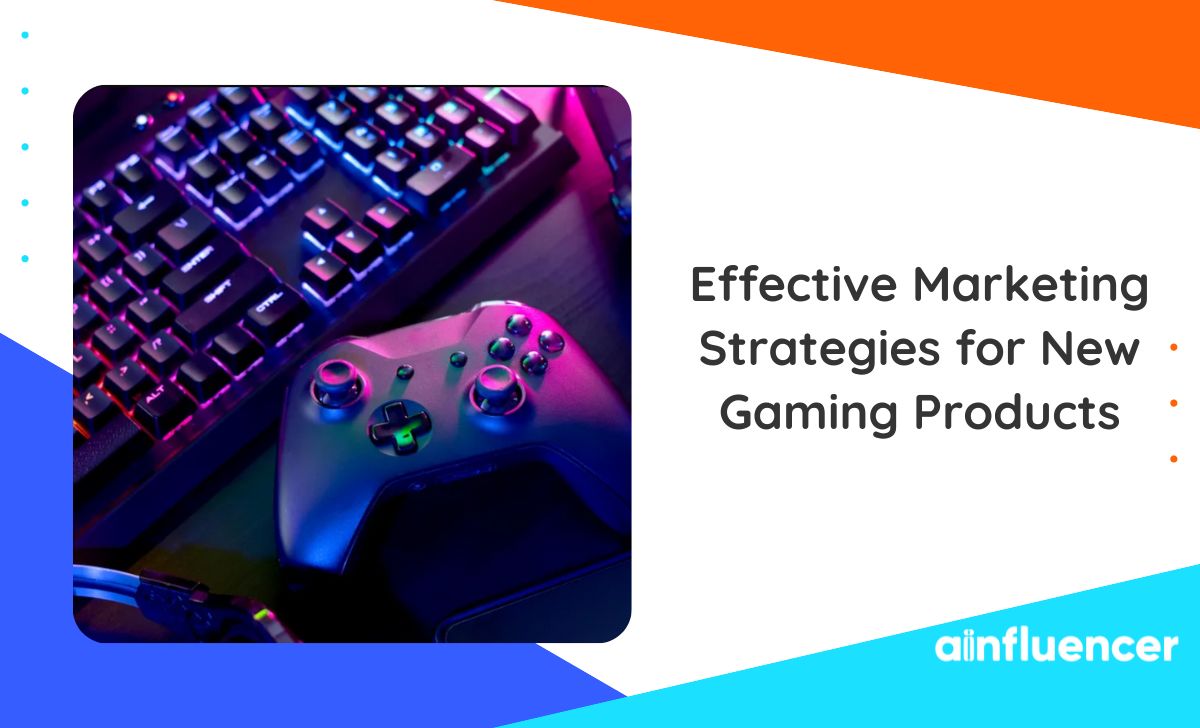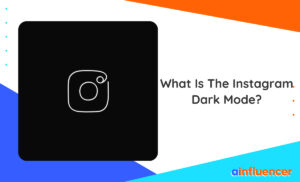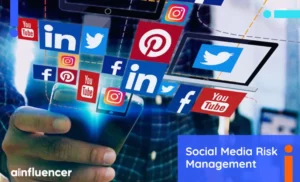The gaming industry is one of the fastest-growing sectors in entertainment – with new products continually hitting the market. To stand out in this highly competitive environment, companies need to employ effective marketing strategies for new gaming products that not only attract attention but also convert interest into sales. Let’s explore some proven strategies that can help new gaming products make a significant impact.
Understanding Your Audience
Before launching any marketing campaign, it’s critical to understand your target audience. Knowing their preferences, habits, and pain points allows you to tailor your strategies to meet their needs. Market research, surveys, and social media analytics can provide invaluable insights. For example, younger audiences might be more engaged through social media platforms like TikTok and Instagram, whereas older demographics might respond better to email marketing and online forums.
Leveraging Social Media
Social media remains a powerful tool for marketing new gaming products. Platforms like Twitter, Facebook, and Instagram offer direct lines of communication between brands and consumers. Creating engaging content, such as behind-the-scenes looks, teasers, and interactive posts, can generate buzz and foster community. Collaborating with influencers who align with your brand can amplify your reach and credibility.

Utilizing Video Content
Video content is exceedingly popular and effective in the gaming industry. Trailers, gameplay videos, and developer diaries can captivate potential customers and give them a taste of what to expect. Streaming platforms like Twitch and YouTube are ideal for showcasing live gameplay and engaging with audiences in real-time. These platforms also allow for the integration of live feedback, helping you adjust your strategies on the fly.
Offering Incentives and Bonuses
Incentives like welcome bonuses can significantly boost initial engagement and retention. This strategy is particularly effective in the online gaming sector. For example, platforms like UK bingo attract new players by offering attractive sign-up bonuses, making it easier for them to explore and enjoy various games. Applying similar strategies to your gaming product can create a strong initial user base and encourage long-term loyalty.
Engaging with the Community
Community engagement is crucial for building a loyal customer base. Participating in forums, hosting Q&A sessions, and attending gaming conventions can establish a strong connection with your audience. This not only builds brand loyalty but also provides direct feedback from the community, which can be invaluable for future product development.
Email Marketing
While social media gets a lot of attention, email marketing remains a reliable channel for reaching consumers. Personalized email campaigns can effectively inform your audience about new products, updates, and special offers. Segmenting your email list based on user behavior and preferences can further enhance the effectiveness of your campaigns.
Utilizing Data Analytics
Modern marketing strategies heavily rely on data analytics to measure effectiveness and adjust tactics accordingly. Tools like Google Analytics, social media insights, and CRM software provide detailed metrics that can guide your marketing efforts. By analyzing these data points, you can identify what works and what doesn’t, allowing for more informed decisions.
Partnerships and Collaborations
Collaborating with other brands, influencers, or even other game developers can open new avenues for exposure. Partnerships can come in various forms, such as co-branded products, joint marketing campaigns, or even in-game events. These collaborations can introduce your product to a broader audience and add an element of credibility.
Hosting Events and Tournaments
Events and tournaments can create significant buzz around a new gaming product. Whether online or in-person, these events provide an opportunity for gamers to experience your product firsthand. They also offer excellent content for social media and other marketing channels. Prizes, leaderboards, and live commentary can add excitement and engagement.
Feedback and Iteration
Finally, listening to your audience and iterating based on their feedback is crucial. Post-launch, continue to gather feedback through surveys, reviews, and direct interactions. Use this information to make necessary adjustments and improvements. This not only enhances the product but also shows your audience that you value their input, fostering long-term loyalty.
Conclusion
Effectively marketing new gaming products requires a multifaceted approach that combines traditional and modern techniques. Understanding your audience, leveraging social media, using video content, and offering incentives are just a few strategies that can make a significant impact. By engaging with the community, utilizing data analytics, and being open to feedback, companies can ensure their new gaming products stand out in a crowded market.









